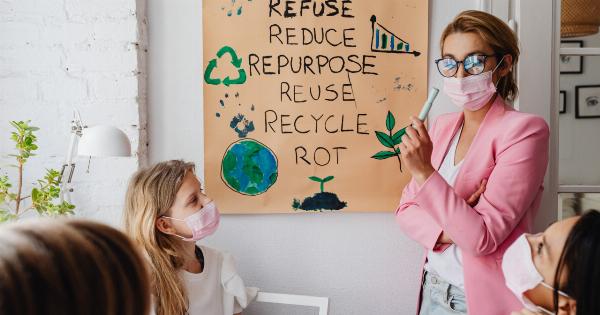Puberty is a confusing and turbulent time for children, and it can be even more difficult for parents to navigate.
One of the most taboo and misunderstood aspects of puberty is masturbation, and many parents are unsure of how to approach this topic with their children. In this guide, we will discuss what masturbation is, why children do it, and how parents can support their children through this important developmental milestone.
What is Masturbation?
Masturbation is the act of sexually stimulating oneself, typically leading to orgasm. For many people, masturbation is a natural and healthy part of their sexual development.
While it is often portrayed as something shameful or dirty, masturbation is a normal behavior that can help children explore their bodies, discover what feels good, and establish a connection with their own sexuality.
Why Do Children Masturbate?
Children may begin to masturbate for a variety of reasons, including curiosity, exploring their bodies and sensations, hormonal changes, stress relief, and as a means of learning about their sexuality.
It is important for parents to understand that masturbation is a healthy and normal aspect of development, and it should not be shamed or discouraged.
When Should Parents Talk About Masturbation?
Parents should begin discussing puberty and sexuality with their children at a young age, typically around 8-10 years old. These conversations should be ongoing and age-appropriate, and should include information about masturbation.
While it may be uncomfortable for some parents to discuss this topic with their children, it is important to create an open and supportive dialogue, so that children feel comfortable asking questions and discussing their feelings and experiences.
How Should Parents Talk About Masturbation?
When discussing masturbation with their children, parents should be gentle, supportive, and non-judgmental.
They should explain to their children that masturbation is a healthy and normal part of sexual development, and that it is a private behavior that should be done in a safe and private space. Parents should also emphasize the importance of respecting one’s own body and boundaries, as well as the boundaries of others.
How Can Parents Support their Children?
Parents can support their children’s masturbation and sexual development by creating a safe and supportive environment.
This means ensuring that children have access to accurate and age-appropriate information about sexuality, as well as providing them with a safe and private space to explore their bodies and sexual desires. Parents should also work to normalize masturbation and create an atmosphere where their children feel comfortable approaching them with questions or concerns.
What Are Some Common Concerns About Masturbation?
Some parents may have concerns about masturbation, such as believing that it is sinful or immoral, or that it could lead to physical or mental health problems.
However, there is a wealth of research indicating that masturbation is a healthy and normal part of sexual development, and that it is not harmful or detrimental to one’s physical or mental health.
What If My Child Is Masturbating Excessively?
While masturbation is a healthy and normal behavior, excessive masturbation can be a sign of stress, anxiety, or depression.
If parents notice that their child is masturbating excessively or in a way that interferes with their daily life, they may want to consult with a healthcare professional or therapist to explore underlying issues and develop strategies to manage stress and anxiety.
Conclusion
Masturbation is a natural and healthy aspect of sexual development, and it is important for parents to understand and support their children through this process.
By creating a safe and supportive environment where children feel comfortable discussing their feelings and experiences, parents can help their children explore their bodies and establish a healthy relationship with their own sexuality.


























